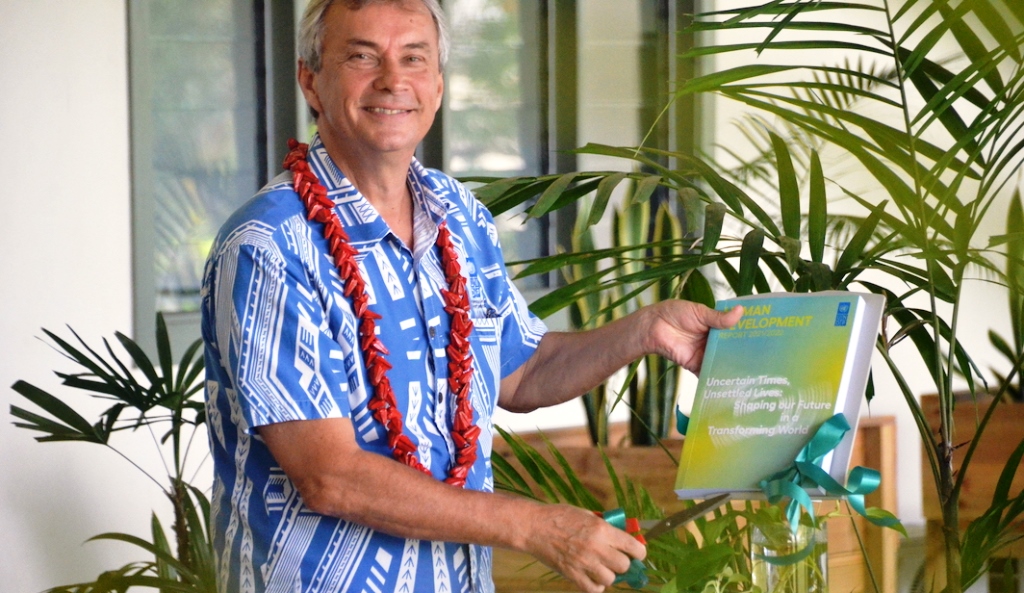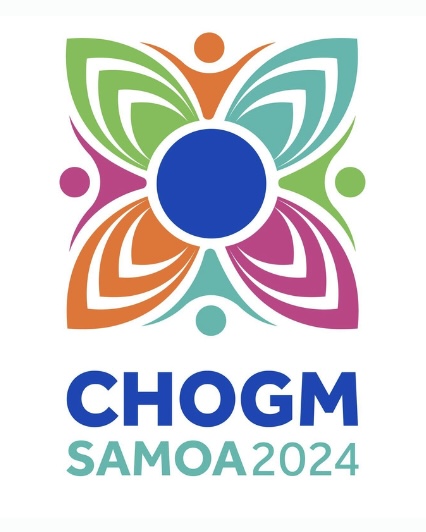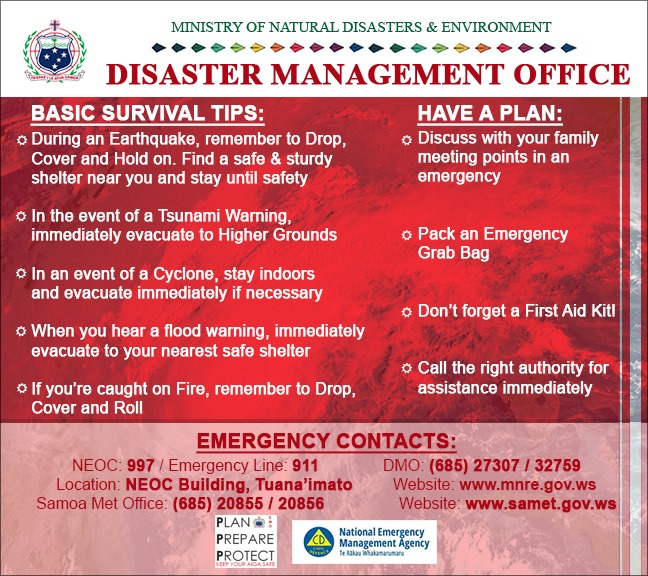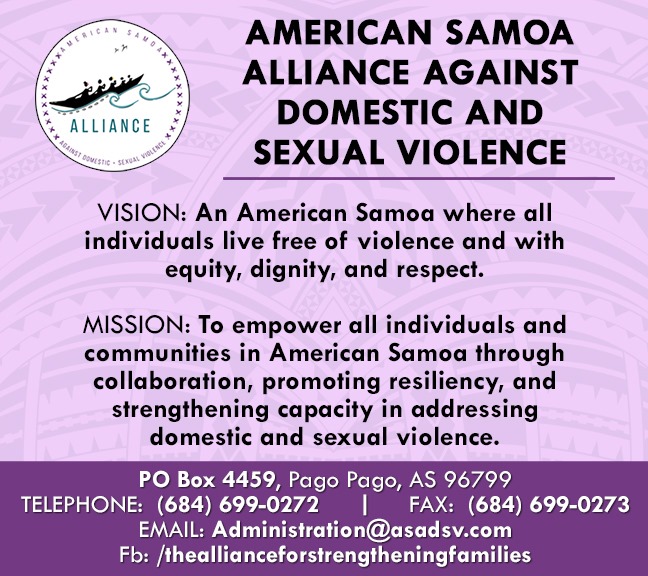Development
Richness of Economy to Richness of Human Development: HDR Launch

By Talaia Mika
APIA, SAMOA – 29 SEPTEMBER 2022: The latest United Nations Human Development Report “Uncertain Times, Unsettled Lives: Shaping our Future in a Transforming World”, highlights a variety of pressing issues such as the gender gap, women’s empowerment, environmental sustainability and socioeconomic sustainability.
The report was launched yesterday by the UNDP Resident Representative, Jorn Soresen and coincided with the re-launching of seventeen new Samoa Development Goals billboards along the roadside of the One UN House front lawn at Tuana’imato.
The SDG billboards aims to localize seventeen global goals highlighted on each billboards, by using images from four countries served through the Samoa Multi-Country office including Samoa, Cook Islands, Niue and Tokelau.
“HDR reminds us once again this year that we have a lot of work ahead of us in terms of meeting the Sustainable Development Goals by 2030,” Soresen said.
“These SDG billboards are a constant reminder of the importance of the work we all do. Every time you see these billboards, may they inspire and encourage you to keep going and doing your part in the collective work we do for our people and communities we serve, and to do so much with a sense of urgency and compassion.”
The HDR is UNDP’s flagship report, covering 191 countries and territories worldwide. The HDR has been compiled and published by UNDP since 1990, introducing a new approach for advancing human wellbeing. The human development approach is about expanding the richness of human life, rather than simply the richness of the economy.

UN staff infront of the re-launched new SDG billboards at the One UN House compound, Tuanaimato.
For Samoa, since the onset of the COVID-19 pandemic, the Human Development Index of Samoa has slightly declined, making the country one of the nine in 10 impacted by the uncertain times and unsettled lives phenomena.
Some specific key finding in the Report include downturns in the gross national income per capita, a reflection of Covid-19 impacts on supply chains and the productive sectors of the economy, especially tourism and highlights the vulnerability of small island developing states to external shocks.
The Report also continues to unearth gender and inequality issues in the country. Even though women showed a marked gender gap of 7.8% above men in the attainment of secondary education, their participation in parliament is still very limited despite the important gains in the education sector, with only 13% of women among Members of Parliament, and only seven women MPs out of 54 MPs.
“Whilst these findings may seem bleak to a large extent, the Report also highlights that there is opportunity in uncertainty. The growing mismatch between the world as it really is and conventional ways of understanding and doing things is an opportunity to do something new, something different. Doubling down on human development will help us navigate the future and unleash people’s potential to be agents of change,” said Sorensen.
The Report suggests three ways to help navigate – and even thrive in – our global uncertainty complex.
- Smart, practical investments remain vital. From renewable energy to preparing for pandemics and natural hazards, investment should ‘connect the dots’, protecting people from shocks, building economic and food security, and promoting national and global public goods.
- Insurance and social protection need to be revitalized. We need to move towards a broader sharing of risk, particularly for universal basic services such as education and healthcare. This will encourage innovation and entrepreneurship: people won’t try new things if it means gambling with their family’s health and education.
- Innovation – technological, economic or cultural – will be at the heart of successfully tackling the challenges that lie ahead.


















